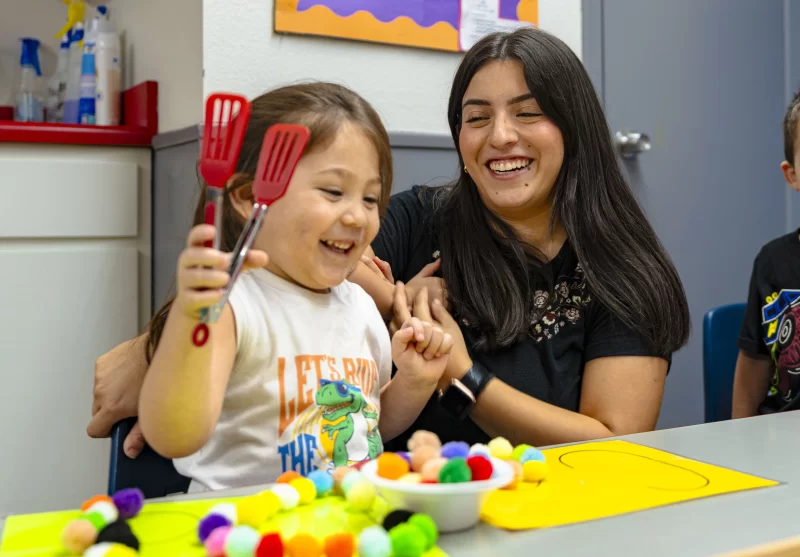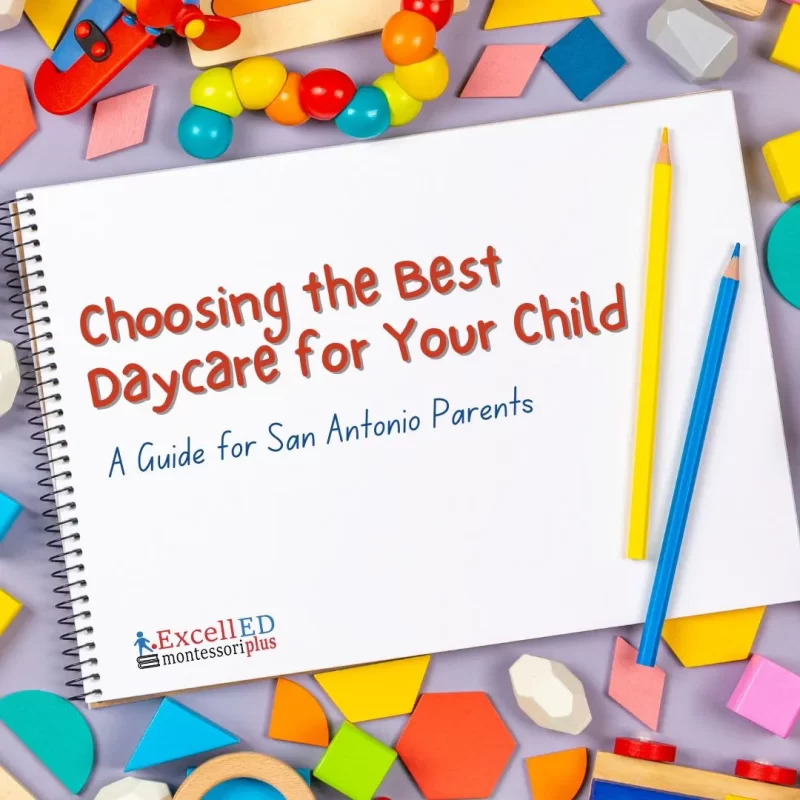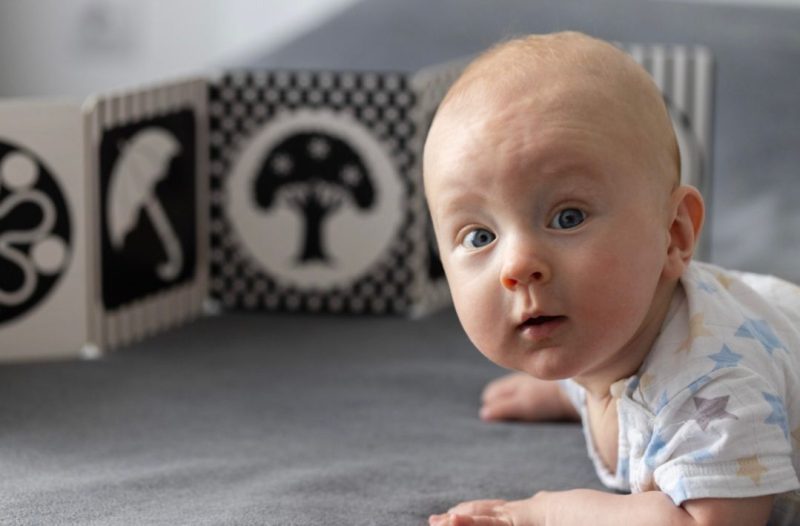
Every child deserves a strong start in life; the foundation laid during the early years is vital for their future. Early childhood development not only influences academic success but also affects lifelong health and productivity. As a parent, I’ve experienced firsthand the nervous excitement of choosing the right quality daycare/childcare setting for my little one. It’s a big decision!
Let’s explore why quality childcare is vital and how it can shape our children’s futures.
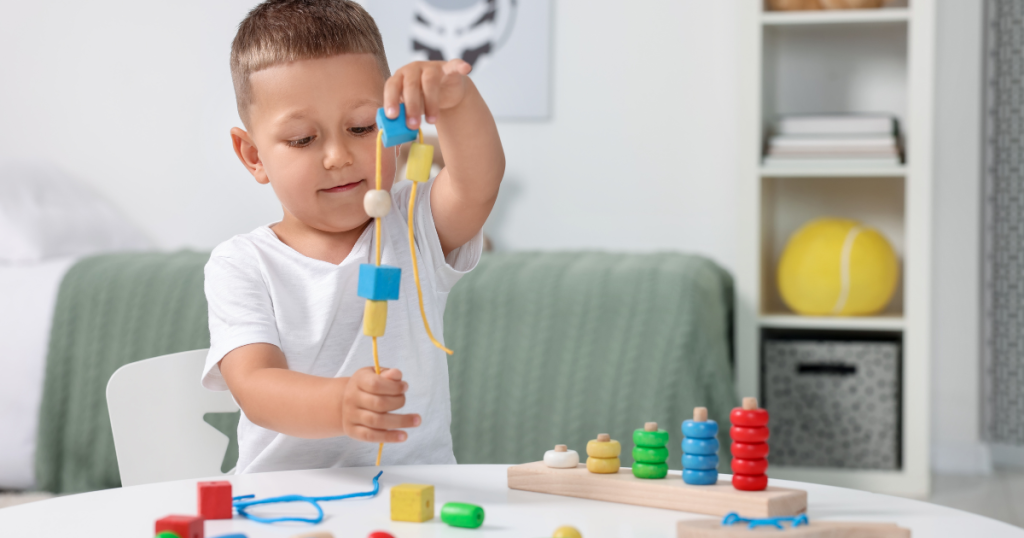
Understanding Early Childhood Development
Think about how fast a child grows in those first few years—physically, emotionally, and mentally. Their brain develops rapidly during this time, mainly shaped by everyday interactions. Research shows that 90 percent of a child’s brain development happens by age five. At this stage, the brain is highly adaptable and ideal for learning.
Quality child care does more than watch over our kids; it nurtures their growth during this critical phase.

The Components of Quality Child Care
When I visited different childcare centers, I checked for important things like well-trained staff, safe and engaging spaces, and low staff-to-child ratios. Approaches such as Montessori and Reggio Emilia emphasize personalized, child-led learning, crucial in fostering an intrinsic love for learning. Such settings tailor the learning experience to fit each child, helping them grow at their own pace and explore their interests.
Cognitive Development
My daughter’s first teacher used games to teach counting and colors, which she loved. In quality childcare settings, children experience a variety of activities designed to foster problem-solving skills and cognitive abilities. Teachers playfully introduce these concepts, turning learning into fun. This playful learning helps children grasp complex ideas more easily and enjoy the process, setting them up for a lifetime of curiosity. Inquiry-based learning, where children actively pose questions and explore solutions, deepens their understanding and enjoyment of learning. Research indicates that children who attend high-quality childcare centers perform better in mathematical and language assessments in later stages.
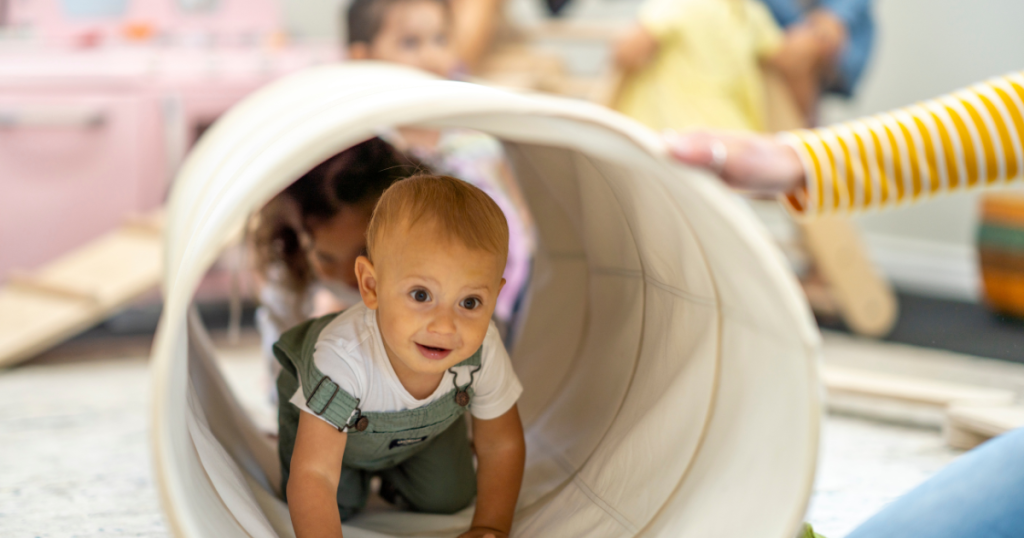
Social and Emotional Development
Social and emotional competencies are core benefits of quality child care. It warms my heart to see my son making friends and learning to share and cooperate. These social skills are just as crucial as academics. Childcare offers a community where children learn to express themselves, understand others’ emotions, and work through conflicts—skills that mean everything in the real world.
Physical Health and Development
Do you remember how much our kids need to run, jump, and play? Quality child care includes structured activities that help develop motor skills, like climbing, jumping, drawing, and writing. They also serve healthy meals and snacks. It’s reassuring to know that while we are at work, our kids are active and picking up healthy habits.

Long-term Benefits of Quality Child Care
The benefits of great early child care don’t just fade away; they echo throughout a person’s life. Adults who have quality child care are more likely to succeed academically and professionally. Better early care isn’t just good for the kids; it’s good for all of us.

Challenges and Considerations
Despite its importance, only some families have access to high-quality child care. Costs can be prohibitive, and sometimes there need to be more spots at the good places. We need to talk about how we can make quality care available to every child, regardless of background. It’s about fairness, equity, and our collective future.
Conclusion:
Reflecting on my journey as a parent, I’ve seen how the right childcare setting enriches life, not just for my children but for our whole family. This is why I believe in making quality childcare accessible for all children—it’s an investment that pays off for everyone.
Call to Action:
I’d love to hear about your childcare experiences! Please share your stories in the comments below or pass this post along to help spread the word about the importance of quality child care. Together, we can advocate for policies that support our youngest learners and their families.
Programs offered at ExcellED Montessori Plus include:
✔️Infants (10 Weeks – 18 Months)
✔️Toddlers (18 – 36 Months)
✔️Primary (3-6 Years)
✔️Kindergarten
✔️Mother’s Day Out
✔️Spanish Immersion / Dual Language
✔️After School Programs and Summer Camp (6 – 12 Years)
Music, Spanish, and Yoga are other programs included as part of the tuition.
Learn more about Inquiry-based Learning



